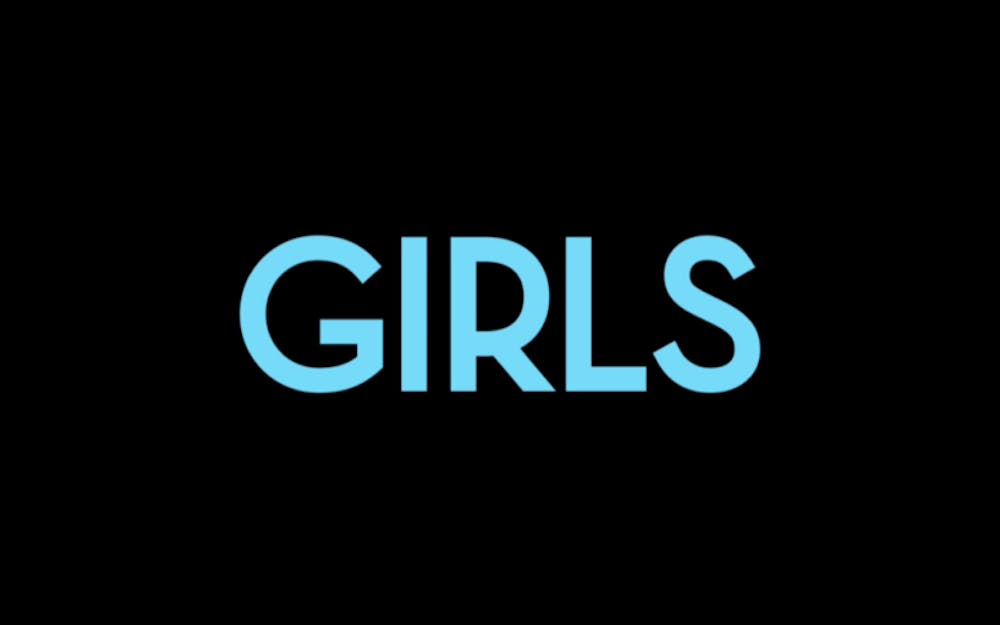Lena Dunham’s Girls is not Sex and the City. Disregard any review that claims this is “SATC for the Gen 2.0!” because it isn’t and Lena Dunham’s hapless protagonist, Hannah Horvath, is nothing like Carrie Bradshaw. There are no shoe binges or Mr. Bigs or brunches on Saturday — in fact, Hannah hates brunches. Moreover, SATC was aware of its own absurdity. Girls, on the other hand, is schadenfreude fodder pandering to depressing stereotypes about the 20-something generation.
As the director, Dunham does well. Girls is a pretty show with good actors. That said, major flaws appear in the writing. Although the dialogue is usually snappy and relatable, scenes often end prematurely and plot lines are often left undeveloped. Example: Hannah (Dunham) accuses her boss of sexual misconduct and then, logically, makes a move on the 60-year-old married man and splutters into resignation when he has no idea what she’s doing. The scene ends. Nobody knows why she left or why he was confused.
The characters are irritating, maybe purposely so, to the point of tedium. There’s the artsy one, the uptight one, the incompetent one and the clueless one — whose role is so one-dimensional it hurts. Girls is, underneath it all, a show about a gang of four rather privileged, whiny, dysfunctional white girls. Admittedly, such a premise is a slice of life for one very small stomach. But does it need to be occupying valuable airtime, as though there are not enough shows about these kinds of groups on air? Even Seinfeld was more diverse.
So how do you make a show about New York City without representing more than half of its demographic? The answer, according to Dunham, seems to be a tendency for oversharing. The show has gained a fair share of controversy by merit of its nonchalant nudity and squalid need to shock by disgust. It is the Facebook of TV.
The tactic is to celebrate the woman of today. These girls get abortions; they have casual relationships; they don’t conform to beauty ideals. And yet all the male characters are flawed in the most antiquated ways. They’re jerks, perverts and friend-zoners.
The comedy is lazy in that it relies on tropes of the modern generation to provide its matching 20-something demographic with something relatable. But just because people know what Twitter is and majored in classics doesn’t mean they have to keel over from angsty self-identification.
There is one scene in which Hannah manages to accuse her perfectly personable interviewer of being a date rapist. Who does that? Was college not about enhancing your interpersonal skills? Not all college graduates feel an overbearing sense of entitlement, and not all of them are virtually incapable of social interaction with strangers. The show is a simplistic exercise in pessimism. It relies on the uncomfortable hijinks of its characters — naked octogenarians, random drug ingestions, idiotic hook-ups — to present the comedy.
Truth is, postgraduate life will be like this for many of us — left in a big city with a degree in the liberal arts and some people we kind of like. But some of us will not be socially incapable or completely beguiled by our time in college. And many of us will have student loans, international work visas or, God forbid, actual plans.
In some ways, you have to laud Dunham for being able to commodify an entire generation’s antisocial personality disorder and managing to name check “Facebook” three times every episode. Maybe the writer deserves her two Golden Globes — but I tend to think not.







